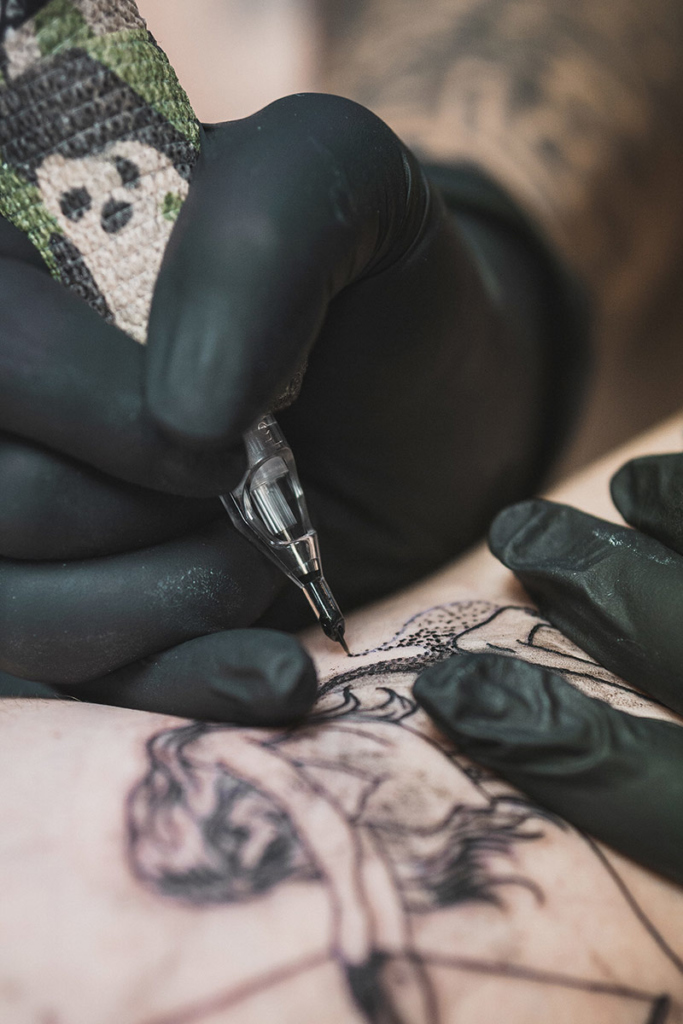GoodRx / Maryann Mikhail, MD

Key takeaways:
- As tattoos become more common, so will tattoo reactions.
- You can develop an infection, inflammation, or allergic reaction within a tattoo.
- With proper aftercare, you can ensure your tattoo heals well and lower your risk of complications.
Tattoos are becoming more and more common. As of 2019, 35% of the United States’ population has at least one tattoo. A new tattoo is actually a wound. It needs time and proper care to heal properly.
Read on to learn about what to do after you get a tattoo, as well as some things you should avoid while your new tattoo is healing.
What skin care routine should you follow after getting a new tattoo?
You should treat your new tattoo like a new wound. That means you want to keep a close eye on the area and keep it clean. Here are some things you can do:
- Keep it clean by washing the area twice a day with a gentle, fragrance-free soap.
- Apply a thin layer of a cream-based moisturizer or Aquaphor healing ointment to prevent it from drying out.
- Avoid pure petroleum products (like Vaseline), which can fade tattoo pigment.
- Avoid touching the area until it is healed — keeping it covered can help with this.
Continue this regimen until your tattoo is fully healed, usually between 1 and 3 weeks.
What are the best practices for sun exposure following a new tattoo?
It’s important to always protect your tattoo from the sun and tanning beds. Ultraviolet light can slow wound healing, fade your tattoo, and increase your risk of sunspots and skin cancer. There’s also a reaction called photoallergic contact dermatitis, where you develop an allergy to tattoo pigment that’s exposed to the sun.
In terms of sun exposure, it’s best to cover your tattoo with sun-protective clothing. Otherwise, apply a sunscreen that’s SPF 30 or higher. Reapply every 2 hours when in the sun. Seek shade, minimize your time in the midday sun, and avoid tanning beds.
What should you avoid while your new tattoo is healing?
As an open wound, your tattoo is prone to irritation and infections. It’s best to avoid swimming, hot tubs, and excess sweating during the healing process. Chemicals and salt water can irritate and dry out the skin. Bacteria from the water can cause an infection.
What are some of the things that can go wrong after you get a new tattoo?
Tattoo inks are considered cosmetic products, so they’re not regulated by the Food and Drug Administration (FDA). This means there’s a lot of variation in how tattoo artists practice and in the aftercare instructions they give. Without proper aftercare, you’re more likely to have a complication like an infection or skin reaction.


